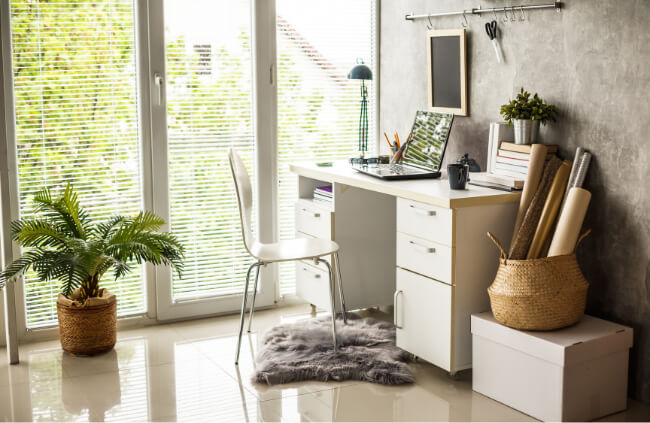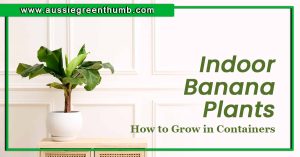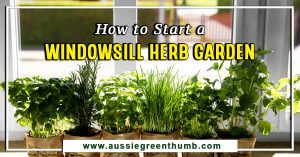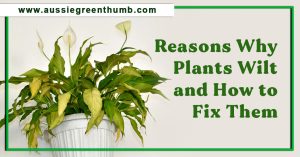Staring at a digital monitor for hours at a time, especially in an air-conditioned room, has a nasty way of removing all the moisture from your cornea. The condition is known as "dry eyes".
More...
Adding Indoor Plants for Dry Eyes
You know you have it when you attempt to blink rapidly or rub them shut with your fingers because the heat is becoming painful. Squinting, excessive blinking and even trying to refocus your vision are keys that dry eyes are setting in and it's time to take a break.
There is an easy solution for rectifying dry eyes though. According to a West Australian article, two Perth optometrists are recommending that people adorn their desk with a pot plant. That's right - an indoor pot plant.
The easiest of remedies, all one must do is place the pot plant near themselves as they continue to work. The plant, as part of its natural evapotranspiration, will increase the ambient humidity of the area you are working in and therefore help keep your dry eyes moist.

Indoor Plants to Place in Your Desk
The next question that raises its inquisitive head is - Does it matter which indoor plant you place on your desk? The unequivocal answer is 'Yes'.
Plants with broad, larger leaves are far more likely to transpire than strappy foliage. Many common indoor plants such as dracaena and kentia palms are probably not suitable to replenish your dry eyes. Spathiphyllum, Syngoniums and African violets are exceptional.
Succulents are less beneficial as their water storing qualities prove disadvantageous when wanting to hydrate a room.
Apparently, it doesn't matter how large the office space is provided the indoor plant is located near where you work. This is beneficial as you won't require a plant that is proportional to your workspace - and it may even leave enough room for you to work on.
Other Ways to Help Rectify Dry Eyes
Dry eyes can be rectified through other means, namely using humidifiers to hydrate the airspace, drinking good amounts of water, using eye drops and eating more vegetables. While all those remedies are sound advice it seems that the best alternative that has been provided is the introduction of indoor plants.
Isn't it canny how horticulture can once again benefit mankind's ailments!
Published on June 3, 2023 by Gary Clarke
Last Updated on November 13, 2023




